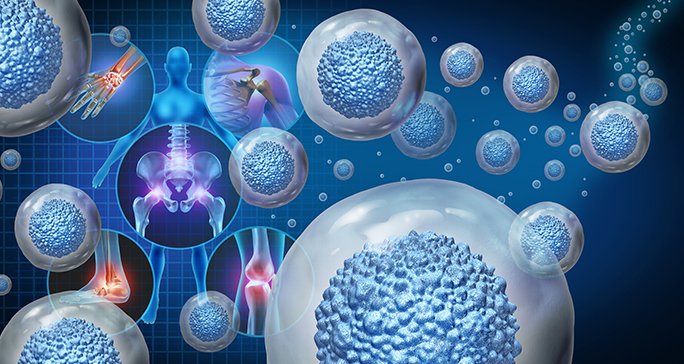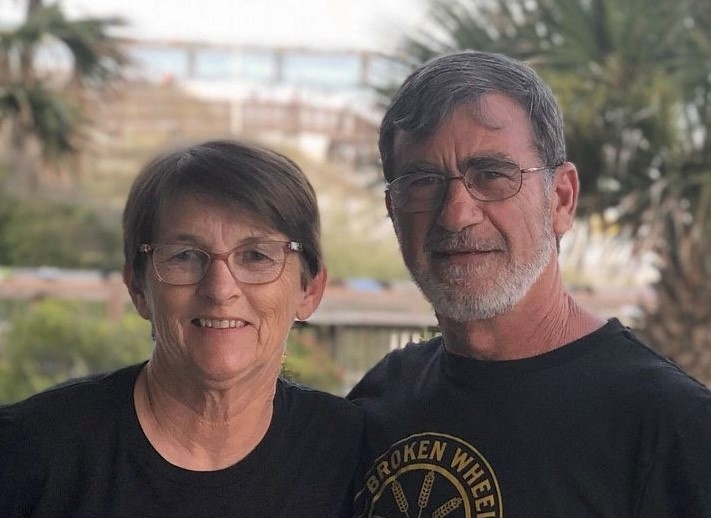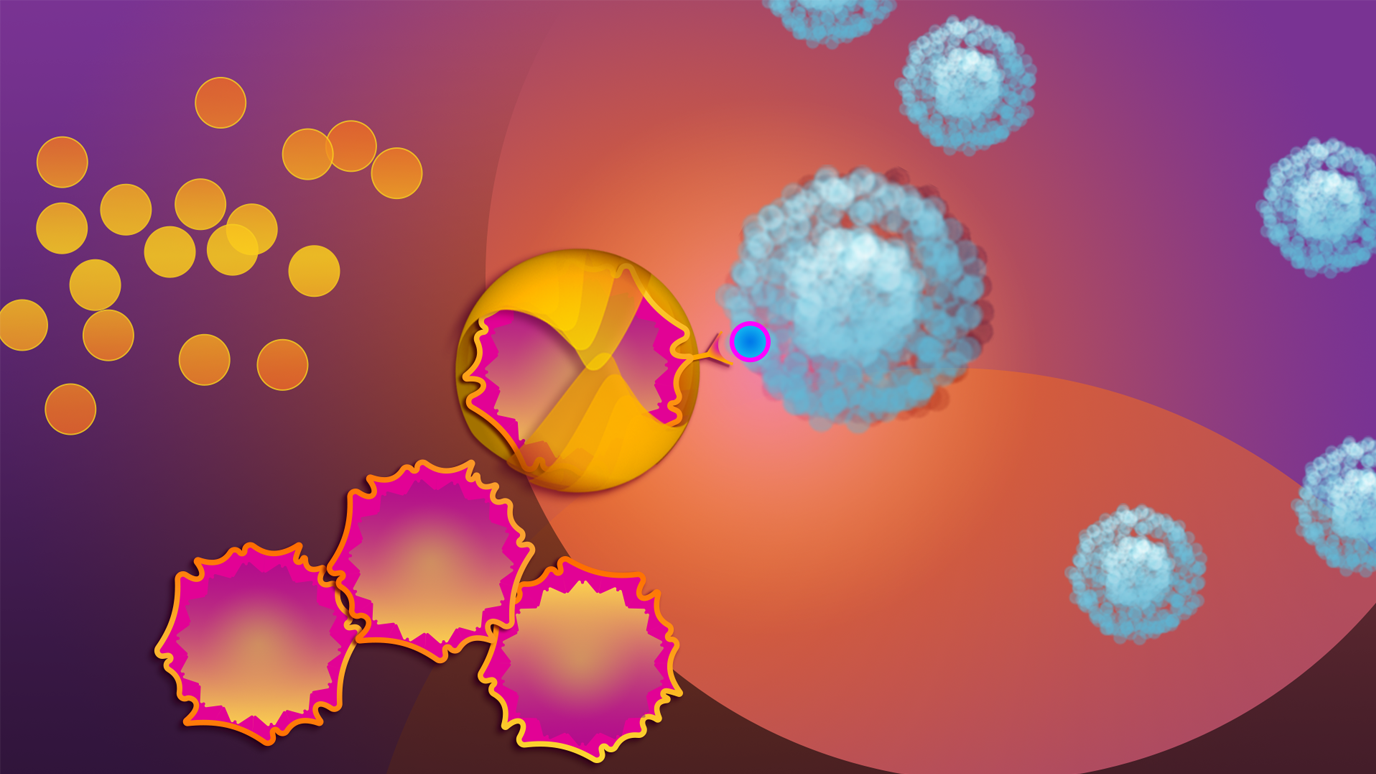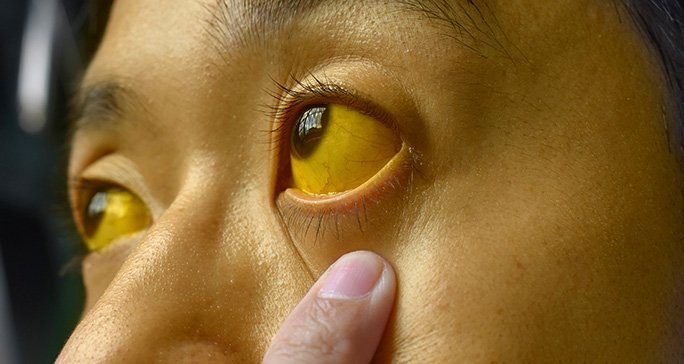- Diseases
- Acoustic Neuroma (14)
- Adrenal Gland Tumor (24)
- Anal Cancer (66)
- Anemia (2)
- Appendix Cancer (16)
- Bile Duct Cancer (26)
- Bladder Cancer (68)
- Brain Metastases (28)
- Brain Tumor (230)
- Breast Cancer (718)
- Breast Implant-Associated Anaplastic Large Cell Lymphoma (2)
- Cancer of Unknown Primary (4)
- Carcinoid Tumor (8)
- Cervical Cancer (154)
- Colon Cancer (164)
- Colorectal Cancer (110)
- Endocrine Tumor (4)
- Esophageal Cancer (42)
- Eye Cancer (36)
- Fallopian Tube Cancer (6)
- Germ Cell Tumor (4)
- Gestational Trophoblastic Disease (2)
- Head and Neck Cancer (6)
- Kidney Cancer (124)
- Leukemia (344)
- Liver Cancer (50)
- Lung Cancer (288)
- Lymphoma (284)
- Mesothelioma (14)
- Metastasis (30)
- Multiple Myeloma (98)
- Myelodysplastic Syndrome (60)
- Myeloproliferative Neoplasm (4)
- Neuroendocrine Tumors (16)
- Oral Cancer (100)
- Ovarian Cancer (170)
- Pancreatic Cancer (164)
- Parathyroid Disease (2)
- Penile Cancer (14)
- Pituitary Tumor (6)
- Prostate Cancer (144)
- Rectal Cancer (58)
- Renal Medullary Carcinoma (6)
- Salivary Gland Cancer (14)
- Sarcoma (236)
- Skin Cancer (296)
- Skull Base Tumors (56)
- Spinal Tumor (12)
- Stomach Cancer (60)
- Testicular Cancer (28)
- Throat Cancer (90)
- Thymoma (6)
- Thyroid Cancer (98)
- Tonsil Cancer (30)
- Uterine Cancer (78)
- Vaginal Cancer (14)
- Vulvar Cancer (18)
- Cancer Topic
- Adolescent and Young Adult Cancer Issues (20)
- Advance Care Planning (10)
- Biostatistics (2)
- Blood Donation (18)
- Bone Health (8)
- COVID-19 (362)
- Cancer Recurrence (120)
- Childhood Cancer Issues (120)
- Clinical Trials (628)
- Complementary Integrative Medicine (24)
- Cytogenetics (2)
- DNA Methylation (4)
- Diagnosis (230)
- Epigenetics (6)
- Fertility (64)
- Follow-up Guidelines (2)
- Health Disparities (14)
- Hereditary Cancer Syndromes (124)
- Immunology (18)
- Li-Fraumeni Syndrome (8)
- Mental Health (118)
- Molecular Diagnostics (8)
- Pain Management (62)
- Palliative Care (8)
- Pathology (10)
- Physical Therapy (18)
- Pregnancy (18)
- Prevention (898)
- Research (392)
- Second Opinion (74)
- Sexuality (16)
- Side Effects (604)
- Sleep Disorders (10)
- Stem Cell Transplantation Cellular Therapy (216)
- Support (404)
- Survivorship (322)
- Symptoms (184)
- Treatment (1776)
Young desmoid tumor survivor gets life back with 17-hour surgery
4 minute read | Published June 06, 2017
Medically Reviewed | Last reviewed by an MD Anderson Cancer Center medical professional on June 06, 2017
On the back of Alicia Bennett’s favorite T-shirt is her design of a tree with the words, “Go out on a limb.”
The shirt honors the 17-hour cancer operation that removed the 23-year-old college student’s watermelon-sized tumor, along with her right arm and breast, chest wall, sternum and six ribs.
“I use lots of humor to cope,” says Alicia, who has been coping with a desmoid tumor – a type of soft tissue sarcoma – since she was 16.
Repeated desmoid tumor recurrences
Alicia’s local New Hampshire doctor first diagnosed her with a benign, slow-growing tumor near her right arm pit in 2010. Because it wasn’t life-threatening, the busy teenager didn’t worry about it. But six months later, the tumor had grown to the size of an apple. So, she had surgery on Nov. 25, 2010, in Massachusetts, to remove it.
Less than a year later, doctors discovered three golf-ball sized tumors in different spots on the right side of her body. Alicia had surgery again, followed by 25 days of radiation therapy.
“At this point, my doctors were certain the tumors wouldn’t come back,” says Alicia, who then moved to Texas to attend Texas A&M University in College Station.
Finding MD Anderson and a desmoid tumor diagnosis
During her first semester, Alicia felt another lump. “I totally broke down,” she says.
When she returned to New Hampshire for Christmas break, her doctor started her on the drugs Sulindac and Tamoxifen for one month. They didn’t shrink the tumor.
Frustrated, she returned to Texas, where she met another young cancer patient. He told her to go to MD Anderson. Alicia completed an online self-referral and had her first appointment on Feb. 25, 2013.
Under the care of MD Anderson medical oncologist Anthony Conley, M.D., she learned she had a desmoid tumor. “With the right diagnosis, I felt like I was finally going to get the right treatment,” Alicia says.
Rounds and rounds of drug therapies
Alicia started chemotherapy in the summer of 2013. She experienced hair loss, nausea, vomiting and fatigue, but the treatment was unsuccessful.
Alicia tried another chemotherapy drug, but it didn’t kill the cancer either. Scans showed a cantaloupe-sized tumor on her chest and invading her right breast and arm. She then tried several clinical trials, but nothing worked. “I was being crushed by the tumor,” Alicia says. “It was heavy, painful and debilitating.”
Opting for surgery
In March 2016, Alicia stopped the clinical trials and took time off from school.
Then, surgical oncologist Janice Cormier, M.D., reviewed her case.
“Surgically removing sarcomas like Alicia’s often requires a team of surgical specialists,” Cormier says. Alicia’s tumor extended to her cervical spine, wrapped around several ribs, replaced her breast and extended into her arm tissue. To attempt a complete removal of the tumor would require a team of five surgical specialties and leave Alicia disabled. But it was the only option.
“At first, I said no way. I am not going to have my arm chopped off,” Alicia says. She sat in the MD Anderson parking lot and cried.
Two months later, she changed her mind. “I couldn’t deal with my tumor any longer,” Alicia says. “I’m young, and I don’t want to be sick for the rest of my life.”
Surgical specialties join forces
It took two months for Cormier to plan and coordinate the surgery, which also included four other surgeons: head and neck surgeon Amy Hessel, M.D.; neurosurgeon Laurence Rhines, M.D.; thoracic and cardiovascular surgeon Ara Vaporciyan, M.D.; and plastic and reconstructive surgeon Scott Oates, M.D.
True to her personality, Alicia drew hearts on her arm before surgery. She also jokingly offered her surgical team a helping hand for the operation.
When Alicia woke up from surgery on August 17, 2016, she was ecstatic. “I felt a sense of relief that my tumor was gone,” she says.
Living fully as an amputee
Alicia is re-learning to do the things she enjoys, like ice fishing, gardening and cooking. “There are limitations, but with most things I just have to be more creative,” she says.
But body image has been a harder issue to overcome. “At first, I looked in the mirror and didn’t like what I saw,” Alicia says. “Then, I realized I had to change my outlook.”
Alicia focuses on looking healthy. And, with her mom’s help, she sews her clothes to fit her new body.
Alicia plans to return to college to graduate in December 2017. Her motto: Keep moving forward.
Request an appointment at MD Anderson online or by calling 1-888-551-8659.
Related Cancerwise Stories

I felt a sense of relief that my tumor was gone.
Alicia Bennett
Survivor





